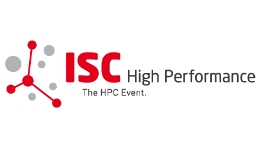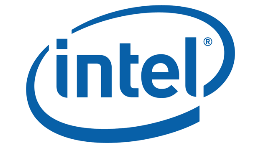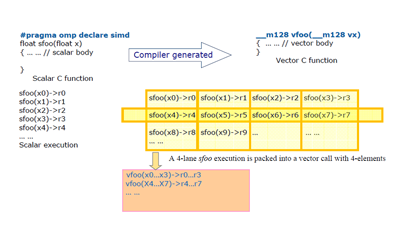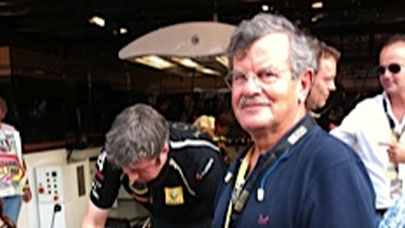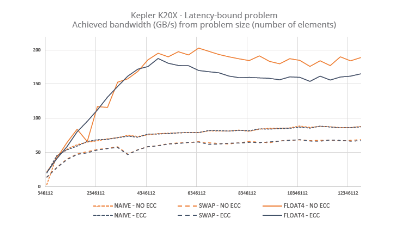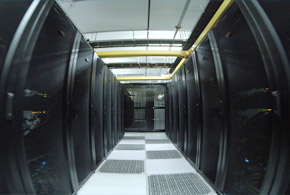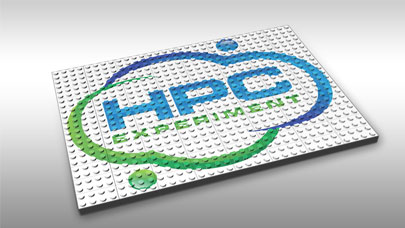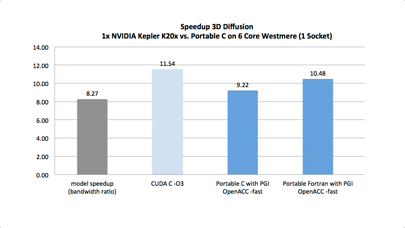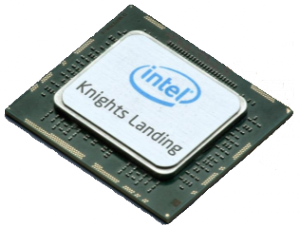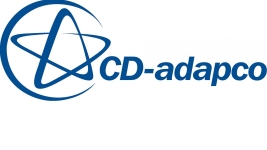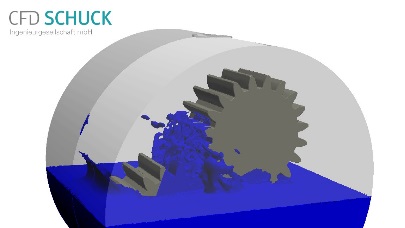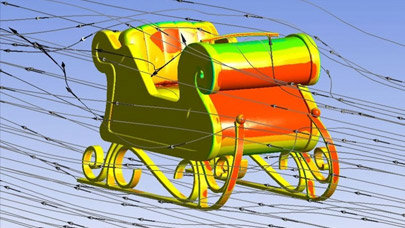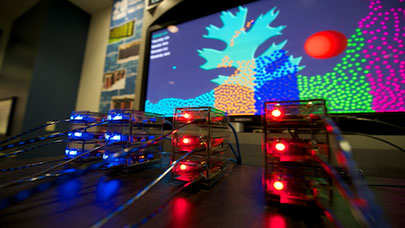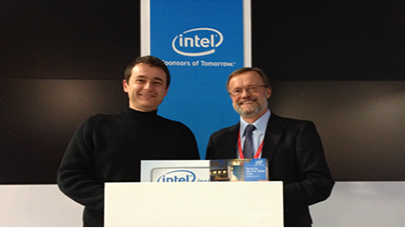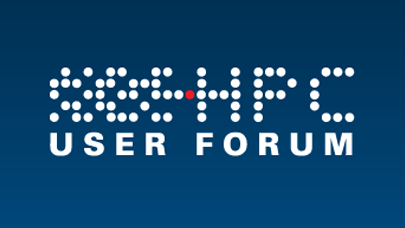HydrOcean, a start-up backed by GENCI through the HPC – SME initiative, received the prestigious IDC HPC Innovation Excellence Award for scientific excellence in fluid flows simulation. In concrete terms, what was this support?
This is a project that I am very attached to. HPC and digital simulation are essential tools to increase business competitiveness, and so we needed to create a plan specifically for SMEs. That’s how the HPC – SME initiative was born. Promoting the use of simulation and HPC by industry falls squarely within GENCI’s mission.
The objective is to help these SMEs to ask themselves whether using simulation will increase their competitiveness. How can we help them to answer that question? With a pragmatic approach whose sole aim is to meet each SME’s needs – not to sell them an innovative method. This implies listening and finding the most suitable solution for them, knowing that the final decision to use the resources is theirs. This initiative, which was the result of the combined efforts of the GENCI and INRIA, was immediately supported by BPI France, which allowed us to launch the program as early as 2010.
So specifically, it consists of both financial and technical support?
You know, simply giving an SME the opportunity to compute on a machine is of no great interest, especially if it does not know a priori what that means. On the other hand, a proactive approach to the question allows us to ask SMEs whether digital simulation can help them, if so, how, and only then to show them how. It is a proof of concept, a real demonstration, with custom assistance. Thanks to their sound understanding of SMEs, competitiveness clusters, particularly those who include digital simulation in their approach, have naturally been involved. The next step was to accompany SMEs with experts who are familiar both with the world of digital simulation and the business world, i.e. the EPICs such as IFP Energies Nouvelles and ONERA, who supported us right away, and the CNRS.
Overall, one must understand this strategy as a combination of competitiveness clusters, which disseminate and reach out at the regional level, and institutions that provide expertise in addition to GENCI’s own network of experts. All of this exists in order to address all of the problems facing SMEs.
However, the icing on the cake was the launch in 2010, as part of Future Investments, of the Equipex Equip@meso project to make simulation and HPC a vector of scientific and technological development. Under GENCI’s leadership, Equip@meso was to have coordinated investments on the order of ten “mesocenters” (i.e. tier-2 supercomputing centers). However, by becoming coordinator of equipment that did not fall within its scope of action, GENCI’s role was in some sense limited to that of banker. We therefore proposed to Equip@meso that we help them win the Equipex tender by participating in scientific leadership in the network, by disseminating regionally the best practices that we had acquired at the national and European levels and, above all, by asking them to expand the HPC – SME initiative locally. In this way we succeeded in developing this initiative by relying on regional mesocenters.
Finally, increasing the competitiveness of our companies truly consists of spreading the good word about digital simulation and HPC among them in order to lead them there from a practical and technological perspective. SMEs have trusted this approach because it is open and GENCI has remained neutral: we open the door to possibilities, but in the end, they are still in control of their own decisions.
And so, in addition to HydrOcean mentioned earlier, could you give us another example of success resulting from this approach?
Since 2010, we have supported no fewer than 43 SMEs with some outstanding success stories like HydrOcean: thanks to parallelization and access to national computing resources, it increased its software performance 500%. By working five times faster, it can therefore potentially earn five times more contracts. This really is efficiency, not human effort. It should be noted that HydrOcean is the first French SME to have benefited from 13 million hours of computing on a German PRACE machine. Which, by the way, allowed it to win a major contract across the Rhine.
To give you another example, I would like to mention Nexio Simulation, a specialist in aeronautics electromagnetism based in Toulouse. Thanks to the support of HPC-SME and the CALMIP mesocenter, a partner of Equip@meso, it has just gotten two major contracts in Japan. I would like to emphasize that we are talking about custom support and not a transfer of R&D. If it had not received free access to major computing resources, it would probably have been unable to respond to the call for tenders in Japan.
The HPC-SME initiative has attracted considerable interest among many European projects. We have therefore included it in the PRACE-3IP implementation phase in order to deploy it at the Union level; it will lead to a certain number of synergies without which nothing ambitious will be possible.
© HPC Today 2024 - All rights reserved.
Thank you for reading HPC Today.










